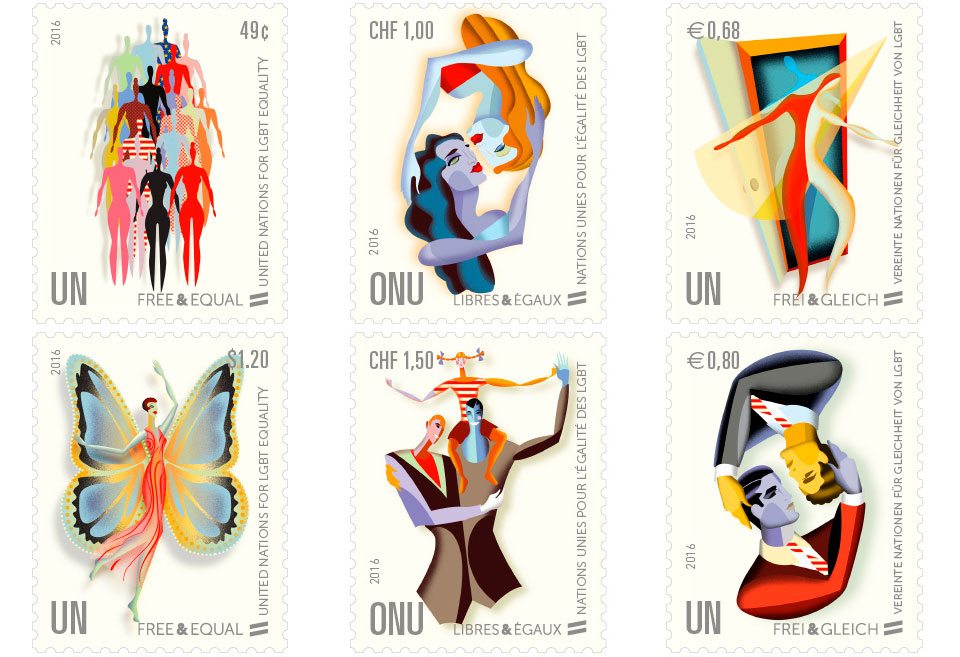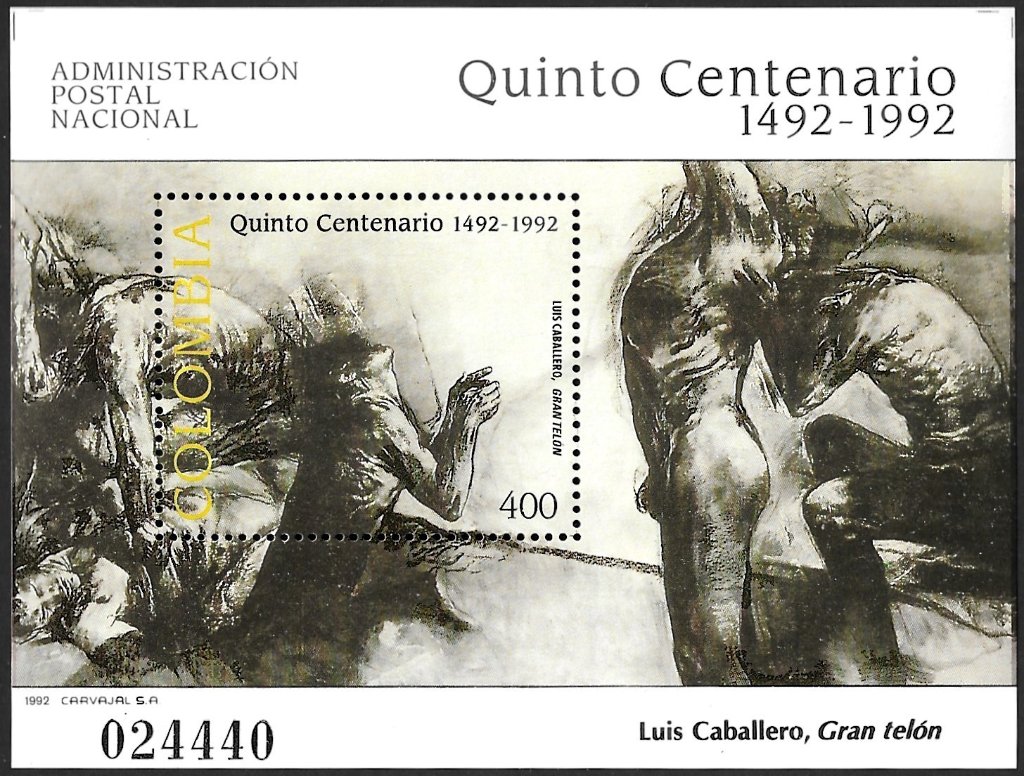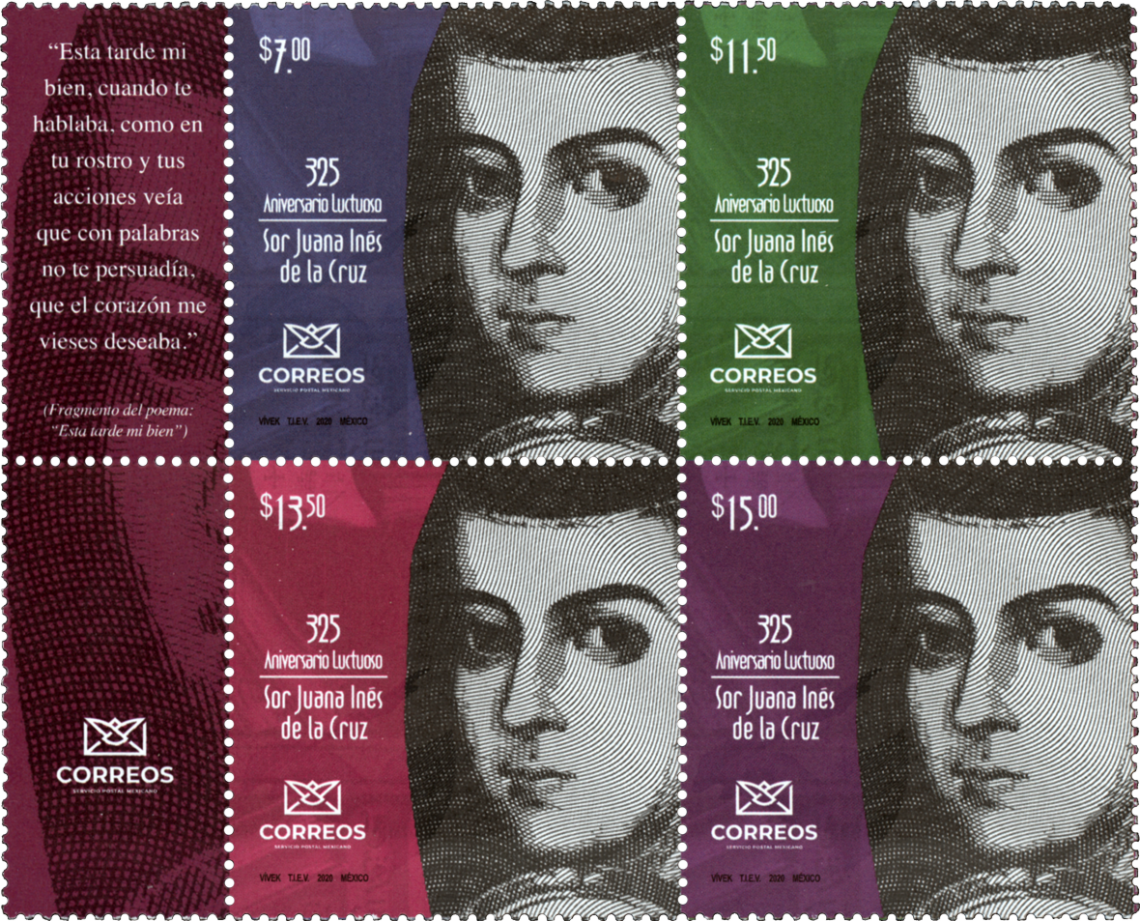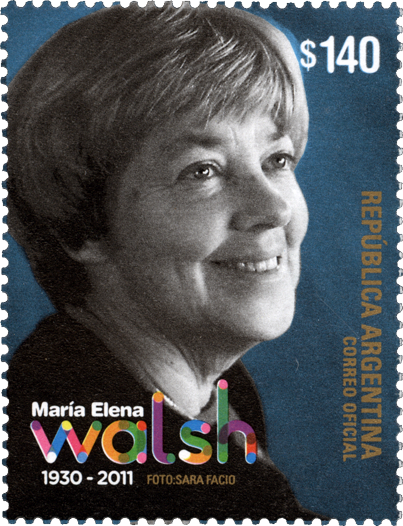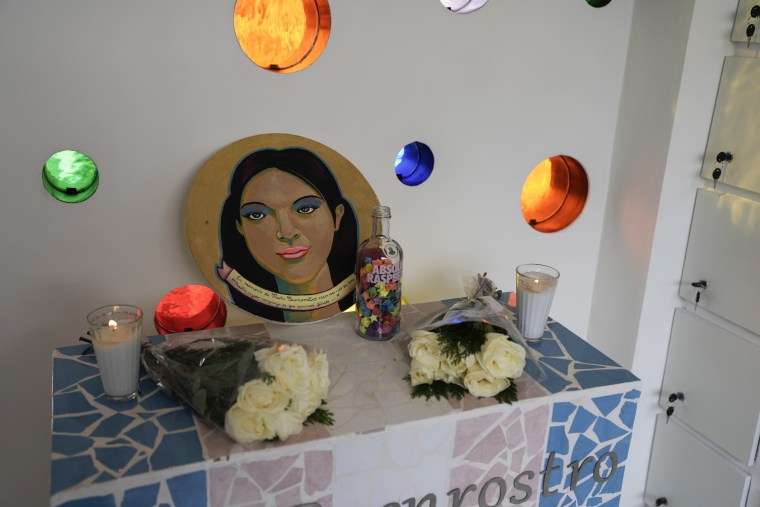Anti-trans rallies in cities across Canada were met with counterprotests on Wednesday, as demonstrators clashed over LGBTQ+ inclusive school policies and curriculum.
As the CBC reports, the demonstrations were sparked in part by anti-trans school policies similar to those that have been introduced in school districts across the U.S. recently. In June, New Brunswick’s provincial government instituted a policy requiring trans and nonbinary students under 16 to get their parents’ consent before teachers can use their names and pronouns. Saskatchewan adopted a similar policy in August. Both provinces face legal challenges over the policies.
According to the Canadian Anti-Hate Network, Wednesday’s anti-trans rallies and marches were organized under the banner of “1 Million March 4 Children,” and sought to eliminate Sexual Orientation and Gender Identity curriculum and policies from Canadian schools. The nonprofit describes the groups behind the demonstrations as “far-right and conspiratorial groups, including Christian Nationalists, COVID-19 conspiracy theorists, sovereign citizens, and anti-public education activists,” as well as anti-LGBTQ+ conservative Muslim activists.
Pro-LGBTQ+ demonstrators also mobilized on Wednesday to voice their opposition to policies like those in New Brunswick and Saskatchewan, leading to dueling protests in across the country.
Canadian Prime Minister Justin Trudeau issued a statement on Wednesday in support of the LGBTQ+ community. “Let me make one thing very clear,” Trudeau wrote in a post on X (the social media platform formerly known as Twitter). “Transphobia, homophobia, and biphobia have no place in this country. We strongly condemn this hate and its manifestations, and we stand united in support of 2SLGBTQI+ Canadians across the country – you are valid and you are valued.”
Activist Celeste Trianon led a counterprotest in Montreal. “Trans people — they exist in society, and they deserve inclusion, just like everyone else,” she told reporters. “We need to talk to people, teach them the right vocabulary, the proper words, at an age-appropriate time, in order to explain that inclusion is a good thing. We need to make sure that their trans and queer peers at school feel welcome.”
“We know that there are a lot of folks that don’t feel safe because of the rise in hate and division that’s targeting vulnerable people,” said New Democratic Party (NDP) leader Jagmeet Singh, who led a counterprotest in Ottawa. “But then you see a lot of people coming together, and it shows the strength of solidarity, of us supporting each other, of having each other’s back.”
CTV News reports that while some involved in the 1 Million March 4 Children protests said they were not anti-LGBTQ+, signs in Ottawa targeted members of the community as “groomers” and “pedophiles.”
In Vancouver, counter-protester Tomi-Rose Clarke said that while the anti-trans rallies were “scary,” they were encouraged by the number of people who turned out in opposition. “It’s nice to see such a big turnout,” they told CTV News. “It brings a little bit of hope to an otherwise very scary moment in history.”
New Brunswick Premier Blaine Higgs, who supports the policy requiring students to get permission from their parents to use their preferred names and pronouns in school, attended the protest in his province on Wednesday.
“I think our parents should become knowledgeable about what their kids are being taught and what is important for them to learn in schools and what’s important for parents to make decisions on with kids that are under 16 years old,” he told reporters.
But as a trans student in New Brunswick told the CBC, the discourse around the policy has led to increased harassment of trans and nonbinary kids.
“I have had more slurs yelled at me in the hallway since I have gone back to school this September than I ever have previously, and I have been out at school as part of the LGBTQ community for probably five years now,” Harris said.
Anti-trans protesters were also met with counterprotests in Toronto, Victoria, Vancouver, Calgary, Yukon, Hamilton, and London, among other communities across Canada.
According to the CBC, Wednesday’s demonstrations led to arrests in Ottawa, Halifax, Vancouver, and Victoria.
